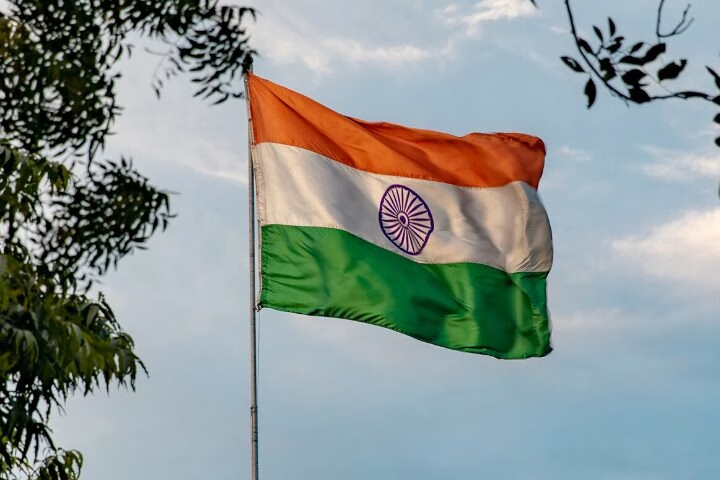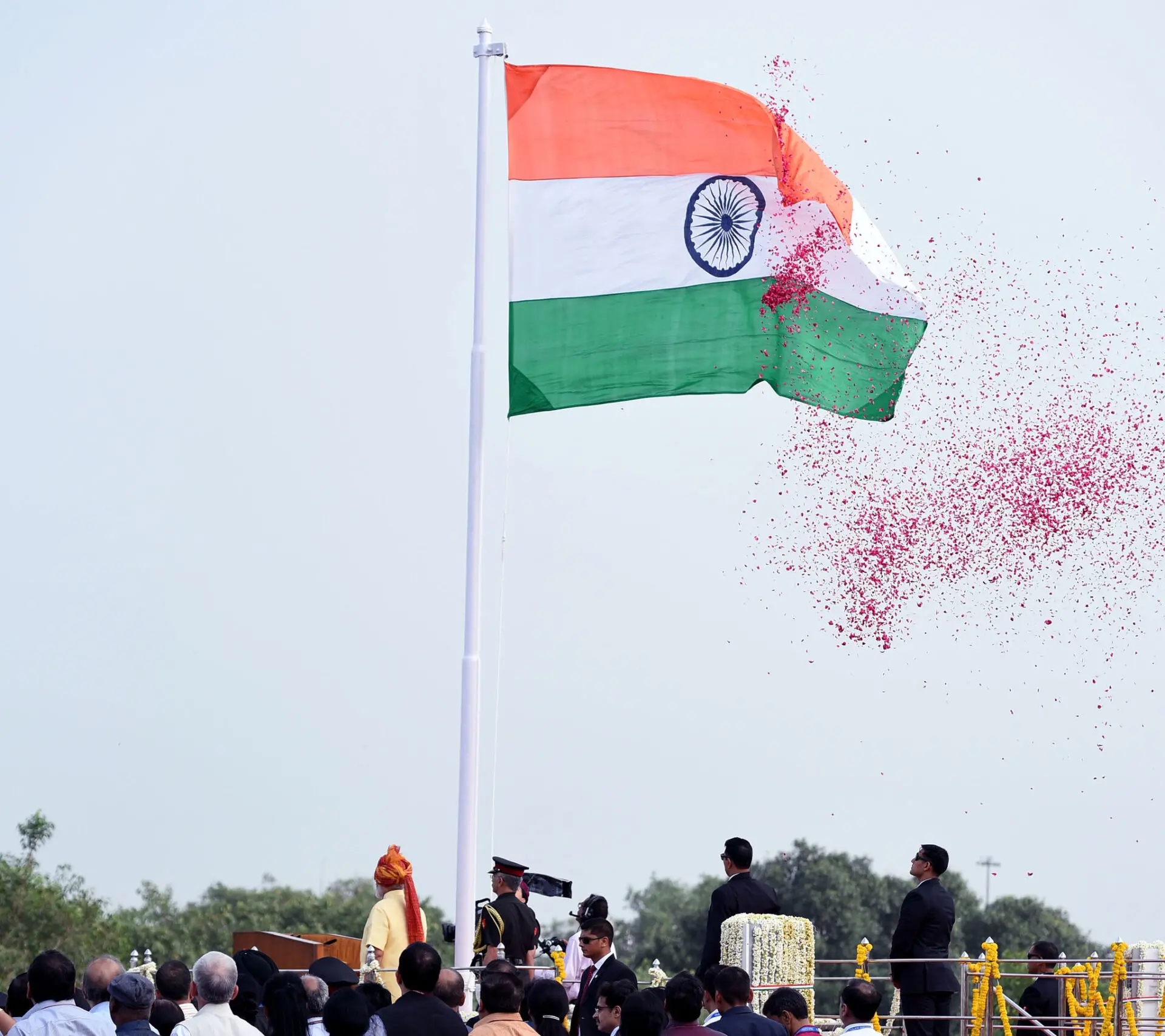India
Threats against free speech, academic freedom, and digital rights have accelerated in India in recent years. The number of writers behind bars dropped from nine to five, according to PEN America’s 2023 Freedom to Write Index, but the overall environment for free expression remained challenging. The government continued to impose internet shutdowns, censorship, website blockages, and persistent harassment and arrests of journalists and writers.

What You Need to Know
Even after 78 years of independence, India retained many colonial-era laws that restricted freedoms and, over the years, added more such laws, weakening its democracy.
Detained writers face politically-motivated legal charges for their writing on politics, caste, ethnic and religious minorities, and language, and journalists face detention and charges for their reporting.
Dozens of writers have endured online harassment, physical threats, lawsuits, or other forms of intimidation for their views, including expressing the perspective of ethnic minorities.
News
Individual Cases
-

P. Varavara Rao
Status: Conditional ReleaseA renowned Telugu poet and leftist intellectual, Rao has been imprisoned by multiple governments for his viewpoints. In August 2018,… More
-

Arundhati Roy
Status: On TrialWinner of the Man Booker prize and a longtime activist, Roy reported in August 2019 that a court had ordered… More
-
Prabir Purkayastha
Status: DetainedPurkayastha is the founder of NewsClick, an independent news website, and a public intellectual. In October 2023, the NewsClick offices… More
-
Fahad Shah
Status: Conditional ReleaseShah, a Kashmiri editor and columnist, was arrested in February 2022 for publishing “anti-national content.” After being held for 22… More
-
Arun Ferreira
Status: DetainedIn August 2018, Ferreira was arrested and detained on politically motivated charges of incitement to violence along with other leftist… More

India at 75
To mark India at 75, PEN America reached out to authors from India and the Indian diaspora to write short texts expressing what they felt. The authors hold a spectrum of political views, and may be in disagreement about much else, but they are united in their concern for the state of Indian democracy.


